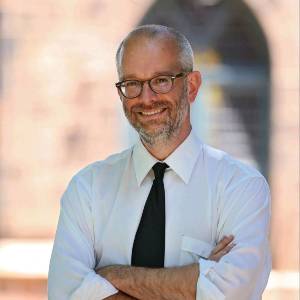Regions
How Strategic Autonomy Played a Central Role in Modi’s Russia Visit?
During the Cold War days, India was the vanguard of the non-aligned movement—a neutral position in the ideological conflict of the superpowers. Neither the...
Rohingya Tragedy: Human Values Must Be Above All
There is no suffering more painful than when humanity is ignored, as experienced by the Rohingya. This tragedy is a clear example of neglect...
India’s Multi-alignment Policy and Its Response to the Ukrainian War
India’s foreign policy under the leadership of Prime Minister Narendra Modi firmly stands on the premise that it can serve the country’s national interest...
Can Kazakhstan Convince Great Powers to Pursue Dialogue?
Amid strategic uncertainty in the international arena, China is intensifying efforts to counter the global influence of the United States. A few days ago,...
EU Enlargement Policy on Ukraine: A Challenge to Its Unity
The European Union as the largest regional organization in the European region, has an enlargement policy that aims to expand the territory of the...
Malaysia’s Interest in Joining BRICS: Key Motivations
In an interview with a Chinese outlet, days before the visit of Chinese Premier Li Qiang to Malaysia, Malaysian PM Anwar Ibrahim made some...
Reimagining Russian Warfare: The Transformation in the Ukraine Conflict
In the crucible of the Ukraine conflict, Russian forces have embarked on a radical transformation of their armored warfare strategies. This evolution, epitomized by...
PM Sheikh Hasina’s India Visit Will Further Consolidate Indo-Bangla Ties
PM Sheikh Hasina embarked on a momentous state visit to India on June 21-22, marking a significant milestone in the two nations' relationship. This...
The synergy between India’s Act East Policy and Indo-Pacific Strategy with Japan, South Korea and Taiwan
The Eighteenth Lok Sabha (Lower House of Parliament) of India concluded on June 4 2024, with the Bharatiya Janata Party (BJP) scored 240 seats-...
The Rising Sun: Japan’s Strategic Re-Awakening and the Art of Balance in the Indo-Pacific
Japan's recent pivot towards a robust defense posture and its longstanding economic prowess in East Asia present a paradigm shift. Japan's defense budget for...
Are Bangladesh’s Peacekeepers Really “Fit for the Future”?
Bangladesh has been playing a vital role in UN peacekeeping operations for over three decades now. Ever since joining the UN Peacekeeping Operations (UNPKO)...
Stay in touch:
Foreign Policy
How Strategic Autonomy Played a Central Role in Modi’s Russia Visit?
During the Cold War days, India was the vanguard...
Human Rights
Rohingya Tragedy: Human Values Must Be Above All
There is no suffering more painful than when humanity...
Foreign Policy
India’s Multi-alignment Policy and Its Response to the Ukrainian War
India’s foreign policy under the leadership of Prime Minister...
Opinion
Donald Trump-Orban Meeting and the Populist-Liberal Debate
In recent days, the electoral verdicts in UK and...
Southeast Asia
Indonesia Can Learn from Germany regarding Corruption Prevention and Control
Corruption is like a cancer that is eating away...


